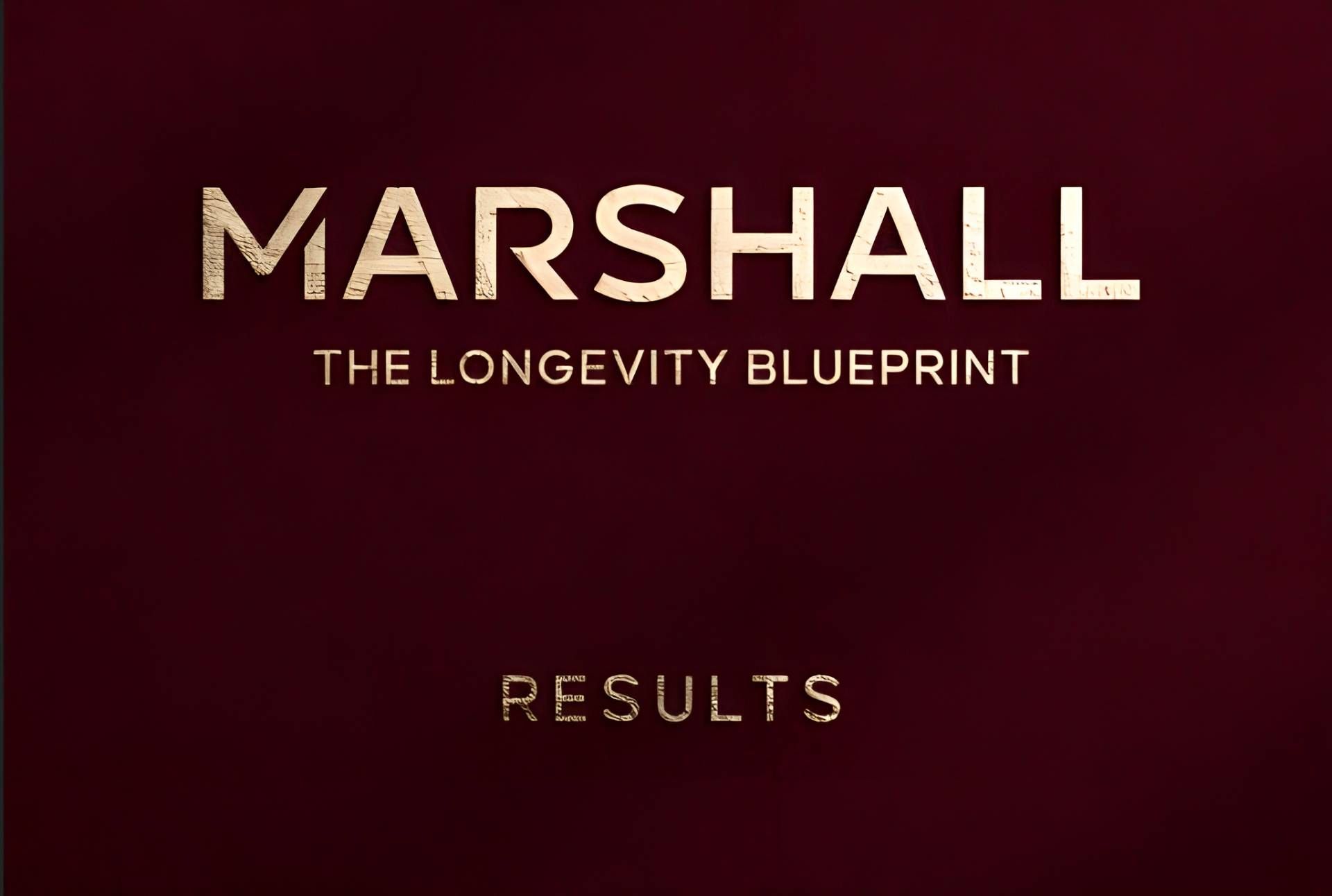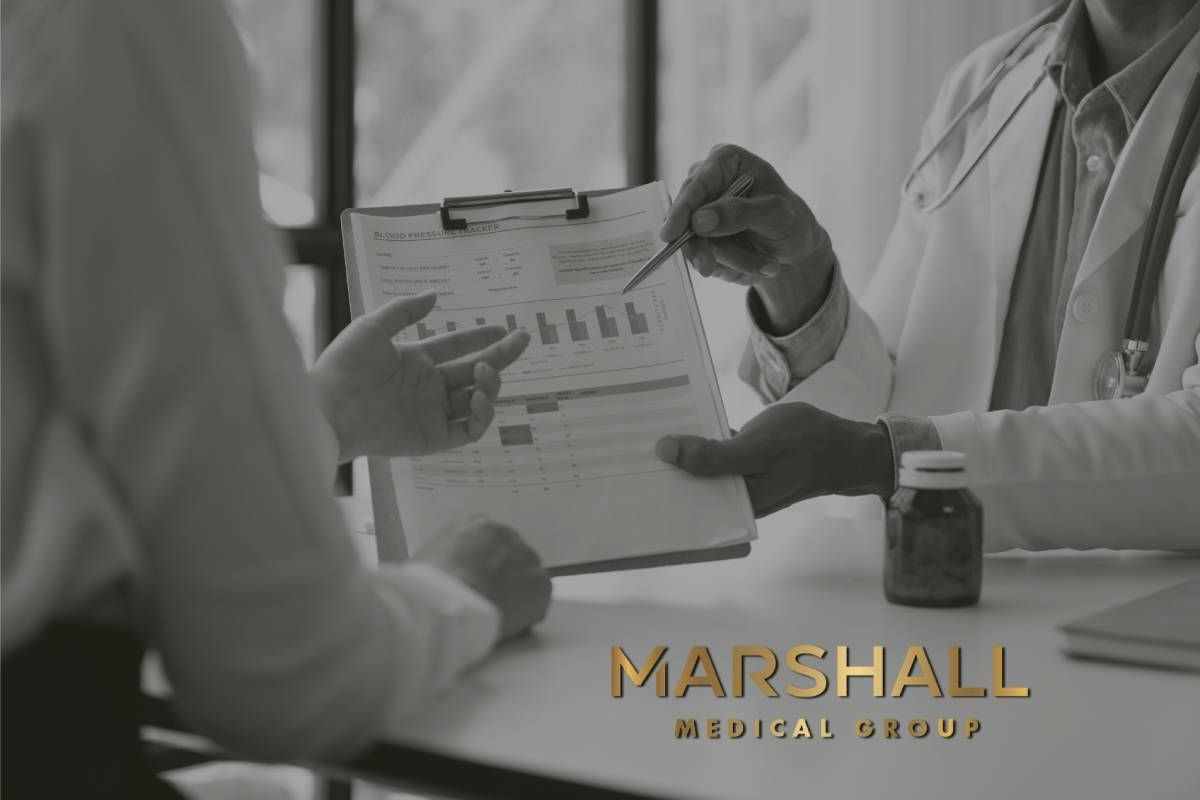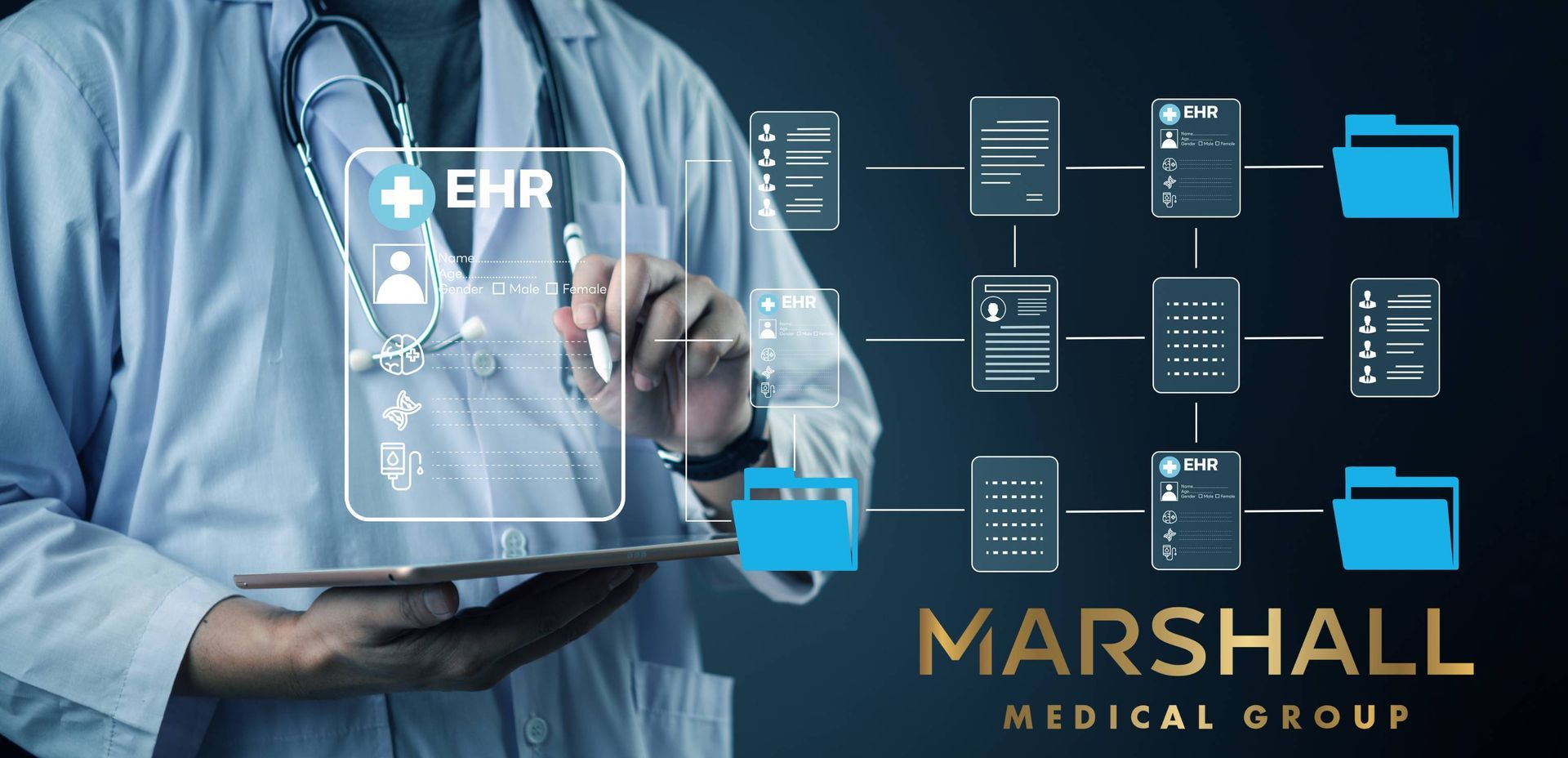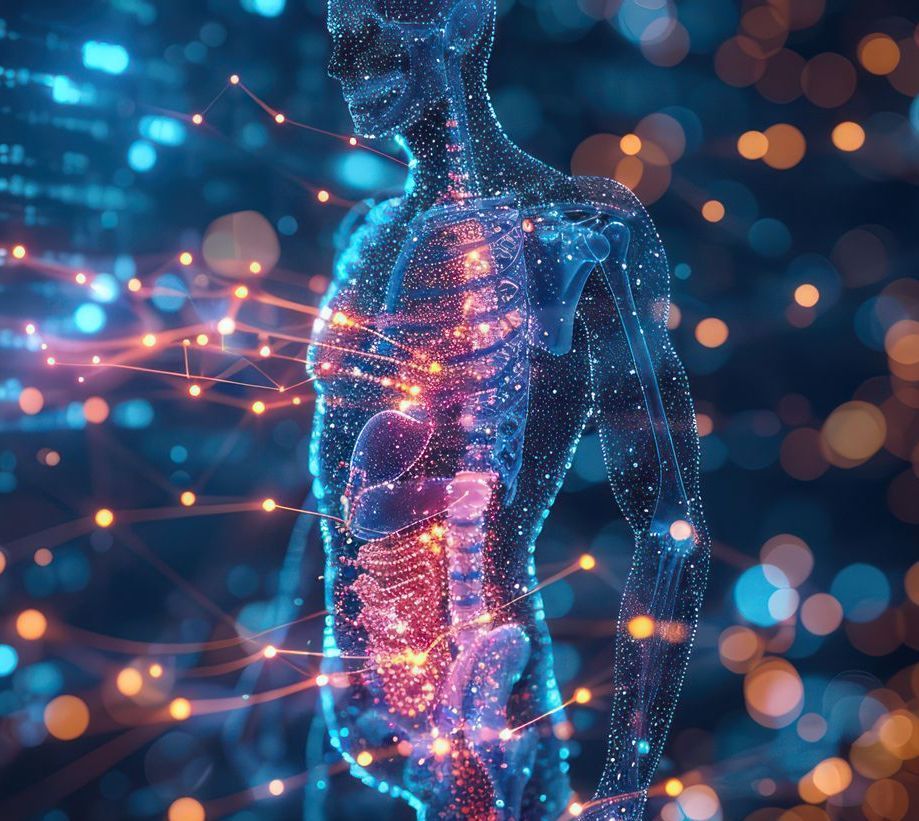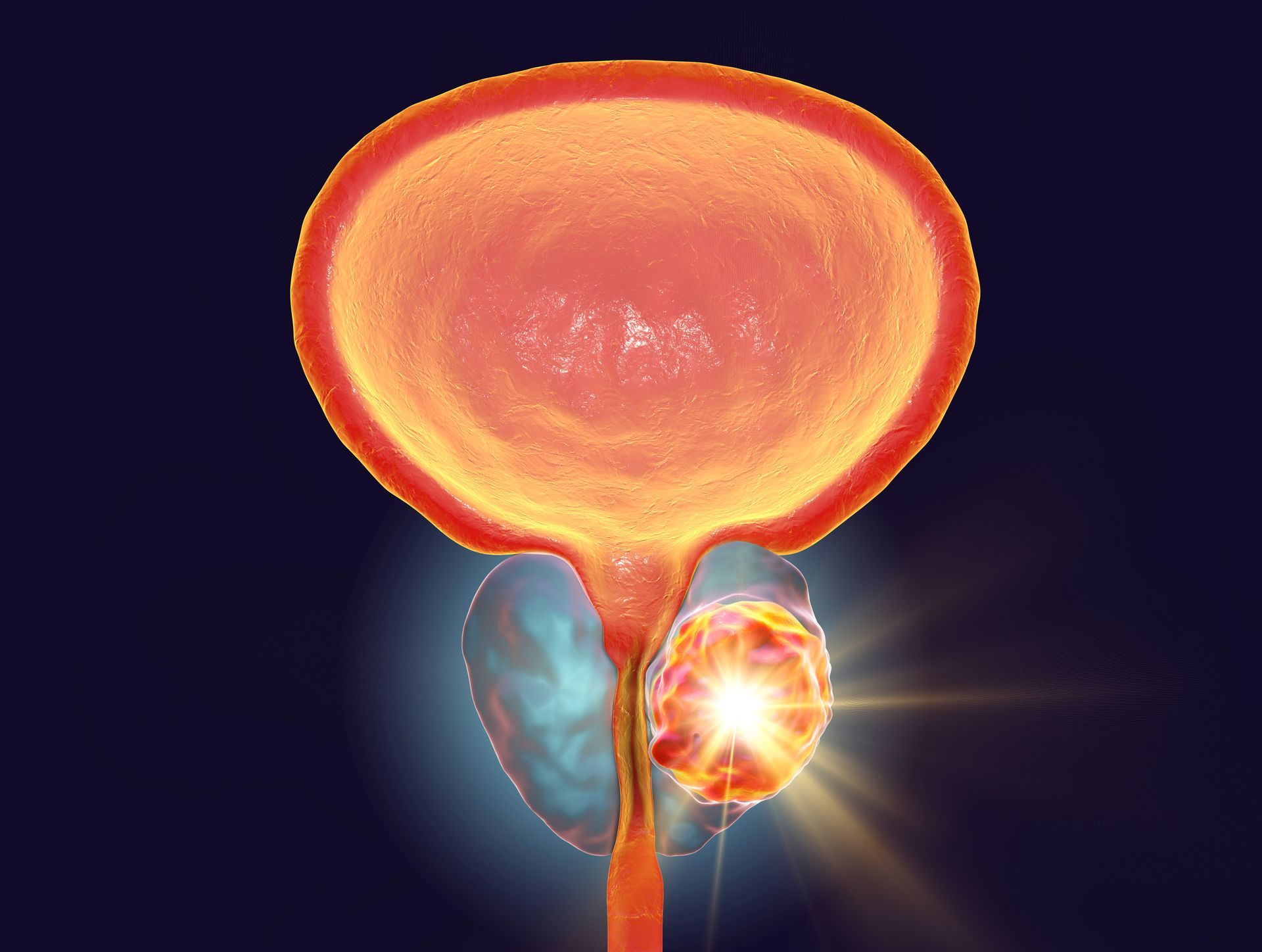The Science Behind Longevity: What Happens to Our Bodies as We Age?
Aging is a natural process that we all go through, but what happens to our bodies on a cellular level as we get older? Understanding the science behind aging can help us take proactive steps toward healthier aging. At Marshall Medical Group, we’re committed to helping you live your healthiest, longest life possible. In this blog post, we’ll explore the biological processes that happen as we age, including cellular damage, telomere shortening, and mitochondrial dysfunction, and how modern medicine is working to slow these processes.
What Happens to Our Bodies as We Age?
As we age, our bodies go through a variety of complex changes that impact our health and well-being. The biological processes that occur during aging can lead to a decline in our physical and mental function over time. Let’s break down some of the key processes behind aging.
1. Cellular Damage: The Wear and Tear of Life
Every day, our cells are exposed to various stressors, including free radicals—unstable molecules that damage cellular components such as proteins, lipids, and DNA. This damage, known as oxidative stress, accumulates over time and affects our ability to repair and regenerate tissues. The result is the gradual breakdown of organs and systems, contributing to the physical signs of aging, such as wrinkles, muscle weakness, and cognitive decline.
While the body has natural repair mechanisms, these processes become less efficient as we age, leading to a gradual decline in cellular function. This contributes to the aging process and the onset of age-related diseases.
2. Telomere Shortening: The Molecular Clock
Telomeres are protective caps at the ends of chromosomes, and they play a key role in cellular aging. Each time a cell divides, its telomeres shorten. When telomeres become too short, the cell can no longer divide and enters a state of senescence. This means that the cell becomes inactive and unable to perform its necessary functions.
As we age, the accumulation of senescent cells can cause tissues to lose their ability to regenerate, leading to organ dysfunction and contributing to the aging process. Factors such as chronic stress, poor nutrition, and environmental toxins can accelerate telomere shortening, leading to premature aging.
3. Mitochondrial Dysfunction: The Powerhouse Problem
Mitochondria, often referred to as the "powerhouses" of our cells, are responsible for producing energy (ATP). As we age, mitochondria become less efficient, producing less energy and more free radicals. This decline in mitochondrial function affects high-energy-demand tissues like muscles and the brain, leading to symptoms such as fatigue, muscle weakness, and cognitive decline.
Mitochondrial dysfunction is also linked to age-related diseases such as Alzheimer’s, Parkinson’s, and heart disease. The accumulation of damaged mitochondria and the resulting decrease in cellular energy production can have wide-ranging effects on our overall health.
How Modern Medicine is Helping Slow the Aging Process
While aging is inevitable, modern medicine is making significant strides in slowing down the biological processes that contribute to aging. Advances in research and technology have led to the development of therapies and treatments that aim to preserve youthfulness and improve quality of life as we age.
1. Antioxidants and Anti-Inflammatory Treatments
Oxidative stress, caused by free radicals, plays a major role in cellular damage and aging. Antioxidants, such as vitamins C and E, are compounds that neutralize free radicals and help prevent cellular damage. Anti-inflammatory treatments also play a key role in reducing the chronic inflammation that accelerates the aging process.
Emerging research is showing that supplementing with antioxidants or using anti-inflammatory drugs may help reduce oxidative damage and slow down aging at the cellular level.
2. Telomere Lengthening and Genetic Interventions
Telomeres play a crucial role in cell division and aging. Research in the field of genetics has led to the discovery of ways to activate the enzyme telomerase, which can rebuild telomeres and potentially delay the onset of cellular senescence. While this research is still in early stages, scientists are hopeful that telomere-based therapies could extend lifespan and improve cellular health.
In addition, CRISPR technology, a revolutionary tool for gene editing, is being studied for its potential to repair DNA and enhance the function of our cells, potentially slowing down aging.
3. Mitochondrial Therapy: Boosting Cellular Energy
Mitochondria are crucial for maintaining cellular energy, but their function declines with age. In response, researchers are exploring mitochondrial replacement therapy, which involves replacing damaged mitochondria with healthy ones to restore cellular function. Other approaches, such as NAD+ boosters and compounds that enhance mitochondrial repair, are being tested to improve mitochondrial health and energy production.
By supporting the function of mitochondria, these treatments could reduce the effects of aging, improve vitality, and help prevent age-related diseases.
4. Stem Cell Therapy: Regenerating Aging Tissues
Stem cell therapy has emerged as a promising treatment in regenerative medicine. Stem cells have the ability to differentiate into various types of cells, making them ideal for regenerating damaged tissues and organs. Scientists are studying how stem cells can be used to repair aging tissues, promote tissue regeneration, and improve organ function.
Stem cell treatments have shown potential in reversing some aspects of aging, and they may become an essential tool in the fight against age-related diseases and frailty.
Conclusion: Living Longer and Healthier Lives
The science of aging is complex, but modern medicine is advancing rapidly in ways that can help slow down the processes of aging. From antioxidant therapies and telomere lengthening to mitochondrial therapy and stem cell treatments, there are many exciting possibilities for extending healthy lifespan and improving quality of life.
At Marshall Medical Group, we’re committed to staying at the forefront of medical advancements and helping you live your healthiest life. If you’re interested in learning more about how to age gracefully or want to discuss your health concerns, contact us today to schedule an appointment.




